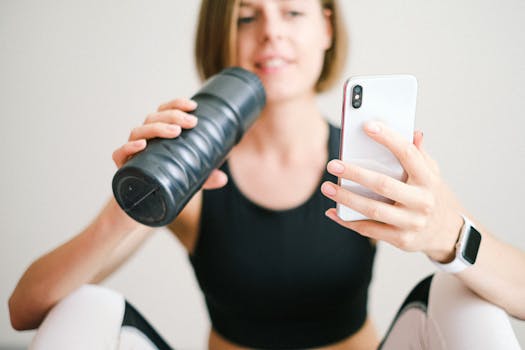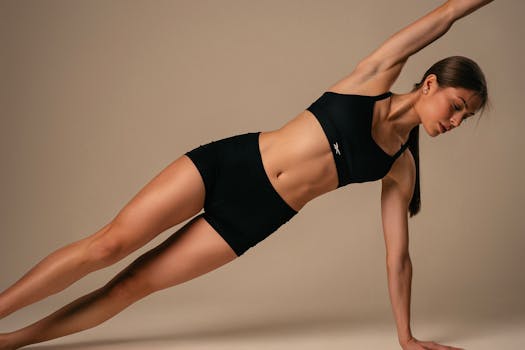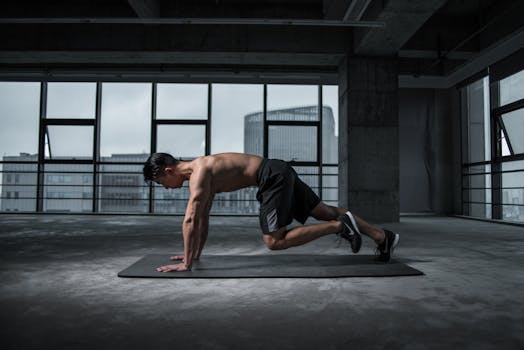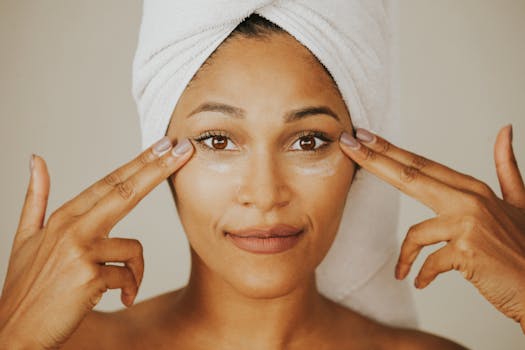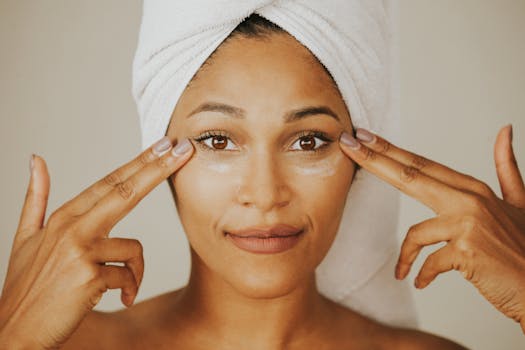
Table of Contents
- 1. Smart Home Technology
- 2. Health and Wellness Technology
- 3. Lifestyle Improvement Apps
- 4. Wearable Technology
- 5. Virtual Reality for Wellness
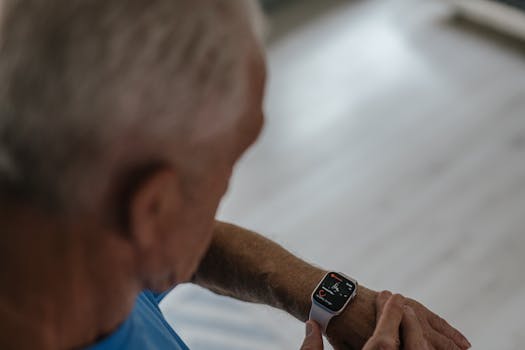
1. Smart Home Technology
In today’s fast-paced world, smart home technology is revolutionizing the way we live. These advanced devices not only enhance convenience but also improve energy efficiency and security. Smart thermostats, for example, learn your schedule and adjust heating and cooling automatically, which can lead to significant savings on utility bills.
Moreover, smart lighting systems allow you to control the ambiance of your home with just a voice command or a tap on your smartphone. Imagine being able to set the mood for a dinner party or dimming the lights for a movie night with ease. Security cameras and smart locks ensure safety by allowing you to monitor your home remotely, providing peace of mind whether you’re at home or away.
With the integration of AI, these technologies are becoming smarter, adapting to your preferences and routines over time. Companies like Google, Amazon, and Apple are leading the charge with their respective ecosystems, making it easier than ever to create a fully connected home.

2. Health and Wellness Technology
Health technology is another area where innovation is making a significant impact. From telehealth services that allow you to consult with doctors remotely to apps that track your fitness and nutrition, technology is making healthcare more accessible than ever before.
Wearable devices like smartwatches and fitness trackers monitor vital signs and physical activity, encouraging a healthier lifestyle. They can track heart rate, sleep patterns, and even stress levels, providing valuable insights into your overall well-being.
Additionally, health apps help you manage chronic conditions by keeping track of medication schedules and symptoms. These technologies empower individuals to take control of their health, making informed decisions that can lead to a better quality of life.
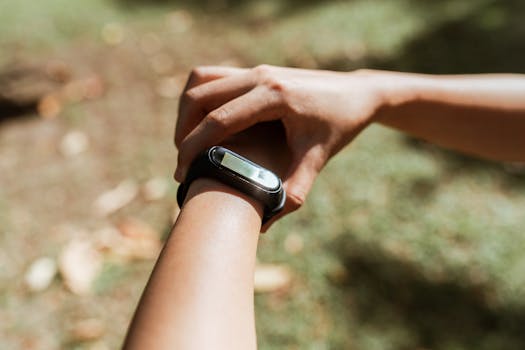
3. Lifestyle Improvement Apps
There is an overwhelming number of apps designed to enhance various aspects of your lifestyle. Whether you’re looking to improve your productivity, manage your time better, or deepen your mindfulness practice, there’s likely an app for that.
For productivity, tools like Todoist and Notion help you organize tasks, set reminders, and collaborate with others seamlessly. Time management apps such as RescueTime track how you spend your time, giving you insights to optimize your daily routine.
Mindfulness and meditation apps like Headspace and Calm offer guided sessions to help reduce stress and improve mental clarity. By incorporating these apps into your daily routine, you can foster a more balanced and fulfilling lifestyle.
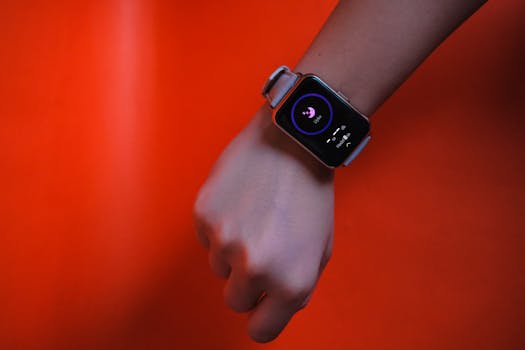
4. Wearable Technology
Wearable technology has evolved beyond just fitness tracking. Today, smart wearables can monitor everything from heart health to stress levels, offering real-time data that can be used to make lifestyle adjustments.
For instance, smart rings and advanced fitness trackers provide insights into sleep quality and recovery metrics, helping you optimize your performance whether you’re an athlete or just looking to stay active. Some devices can even alert you to potential health issues before they become serious, empowering you to seek medical advice sooner.
As technology continues to advance, we can expect even more sophisticated wearables that integrate seamlessly into our daily lives, ultimately leading to improved health outcomes.
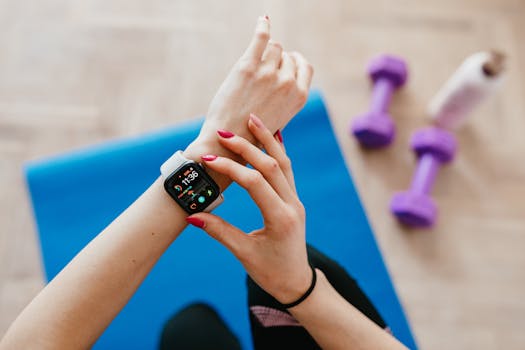
5. Virtual Reality for Wellness
Virtual reality (VR) is not just for gaming; it has numerous applications in wellness and personal development. VR experiences can transport users to calming environments, providing an escape from daily stressors.
Therapeutic VR programs are being used in mental health treatments, offering exposure therapy for anxiety and PTSD. By immersing patients in controlled environments, therapists can safely help them confront their fears.
Additionally, VR fitness programs are gaining popularity, allowing users to engage in workouts that feel more like a game than exercise. This gamification of fitness can make staying active more enjoyable and less of a chore, encouraging a healthier lifestyle.
